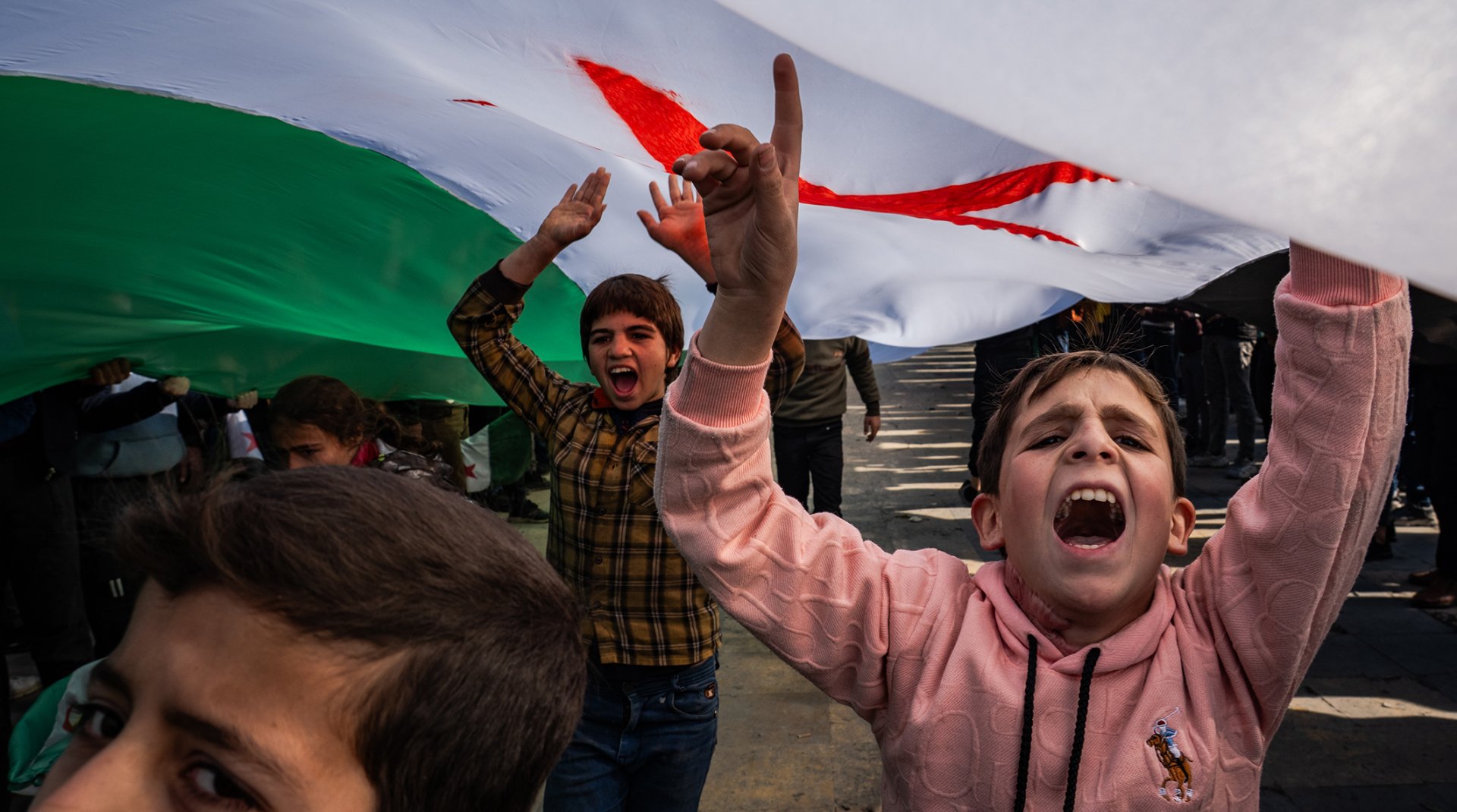Login or register for free to continue browsing
Access all this year’s exclusive online content

The Fall of Assad
Salwan Georges
The fall of Bashar al-Assad’s regime in December 2024 marked a historic turning point, bringing an end to over half a century of Assad family rule, initiated by his father, Hafez al-Assad, in 1970. The collapse was the culmination of prolonged internal dissent, intensified economic deterioration, and weakening external support from key allies, primarily Russia and Iran. By 2024, Syria’s economy had been ravaged by years of conflict. The country faced hyperinflation, unemployment exceeding 50%, and widespread poverty, with over 90% of the population living below the poverty line.
Assad’s authoritarian regime, notorious for human rights abuses, had been severely weakened by a civil war triggered by the 2011 Arab Spring uprisings, which led to an unprecedented humanitarian crisis. The protracted conflict left more than 580,000 dead and approximately 13 million displaced (over half the pre-war population). The war also devastated infrastructure across major urban centers including Aleppo, Homs, and Damascus itself.
Preview





